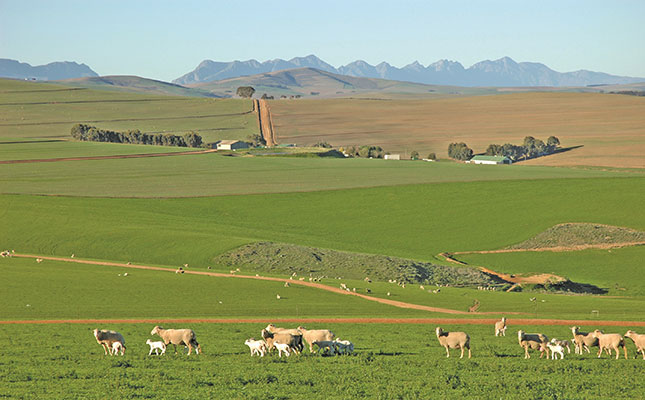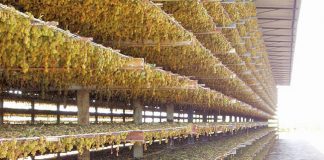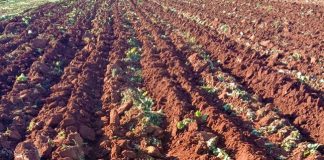
Photo: FW Archive
In the likely event that the South African Reserve Bank (SARB) increases the repo rate by 25 basis points (0,25%) in the coming week, farmers will have to prepare themselves for the fact that it will become more expensive to service their debt.
This was according to Marlene Louw, senior agricultural economist at Absa AgriBusiness.
Currently the repo rate (rate at which the SARB lends money to commercial banks) stands at 3,75%, while the prime rate stands at 7,25%.
Louw said that if the repo rate was increased, it would lead to an increase in the interest rate on loans, and therefore the servicing of debt would become more costly.
“Farmers are definitely in a cost-squeeze, not only due to increased interest rates,” Louw said.
“Other input [costs] such as fuel, feed and fertiliser are all piling on the pressure. The production circumstances are definitely more difficult than in previous years. However, it’s important to note that agriculture is cyclical in nature and the market will correct itself.”
On Wednesday, 19 January, Statistics South Africa (Stats SA) announced that the average consumer inflation for 2021 was 4,5%, higher than the averages recorded for 2020 (3,3%) and 2019 (4,1%) respectively.
Stats SA stated that the main drivers were the increases in fuel and food prices.
Paul Makube, agricultural economist at First National Bank, agreed that an interest rate hike was imminent, due to the fact that inflation was touching the upper end of SARB’s target range. “Farmers will have to rethink some of their projects.”
However, the agriculture sector was still experiencing the benefits of a high commodity cycle, Makube added.
“Many farmers have refurbished and replenished their [vehicle and machinery] fleets. Though this will become more expensive going forward, we should remember that interest rates are still relatively low, because it’s coming off a very low basis.”
Louw said it was important to note that higher inflation was a global phenomenon.
“The US will probably also start increasing its interest rates. If that happens, the rand will weaken and South Africa’s interest rates will have to increase.”
According to Stats SA, the record rise in fuel prices over the past year was the main factor behind the 16,8% annual rise in the transport index, up from 15% in November 2021. Transport inflation contributed 2,3 percentage points to the 5,9% headline rate.
The food and non-alcoholic beverages index recorded an annual rise of 5,5% in December 2021. The annual rate recorded for meat (8,6%) was slightly up from the reading in November 2021 (8,5%).
However, the 1,2% monthly increase in meat prices between November and December 2021 was far higher than the 0,4% rise recorded between October and November 2021. This was the largest monthly increase since May 2021 (also 1,2%).
Beef products recorded large price increases between November and December 2021, with the price of steak rising by 2,8%, stewing beef by 2,4%, and mince by 1,3%.
Oils and fats continued to record relatively high rates of inflation, registering an annual increase of 20,8% in December 2021, slightly lower than November’s 21%. The average price for a bottle of cooking oil (750 ml) increased 19c to R30,22 in December 2021.











